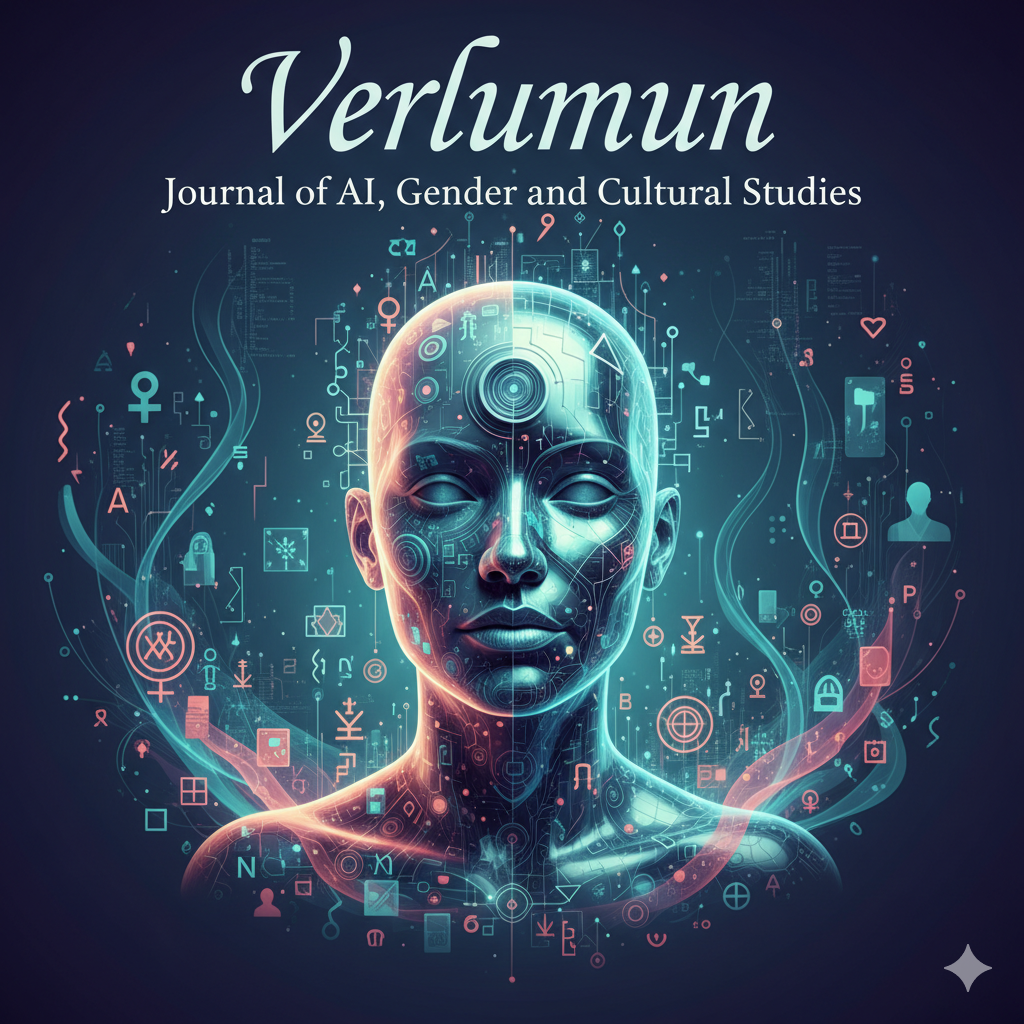The Efficacy of AI-Driven Adaptive Learning Platforms in Promoting Critical Thinking Skills among Out-of-School Nomadic Children in Northern Nigeria
Keywords:
nomadic children, critical thinking, AI-driven learning, adaptive learning, non-inferiority, NigeriaAbstract
Background: Despite the growing potential of Artificial Intelligence (AI)-driven adaptive learning platforms in providing highly personalised educational services, the viability of these scalable tools as an effective alternative to human-led instruction for developing critical thinking skills among disadvantaged and hard-to-reach populations, such as out-of-school nomadic children in Nigeria, remains largely unexplored.
Objective: This study examined whether an AI-Driven Adaptive Learning (AIL) intervention could achieve non-inferior learning outcomes compared to traditional Face-to-Face (FTF) instruction in improving critical thinking skills among out-of-school nomadic children.
Methodology: The researchers conducted a quasi-experiment with 470 participants, utilising a validated critical thinking skills scale as the primary data collection instrument. The study compared two intervention groups: the AIL group and the FTF control group.
Results: The results demonstrated that the AIL group achieved learning gains in critical thinking skills that were statistically equivalent to (or non-inferior to) those recorded by the Face-to-Face group. Specifically, the mean post-intervention essential scores of thinking of the AIL group did not fall below a predetermined non-inferiority margin established for the FTF group.
Conclusion: AI-driven adaptive learning platforms represent a highly scalable and equally effective alternative to traditional instruction for delivering complex, higher-order cognitive skills, such as critical thinking, to hard-to-reach populations. Establishing this equivalence supports the adoption of AI platforms based on their superior logistical and cost-effectiveness advantages.
Downloads
Published
Issue
Section
License
Copyright (c) 2025 Matthew Udaya Onuh (Author)

This work is licensed under a Creative Commons Attribution-NonCommercial 4.0 International License.

